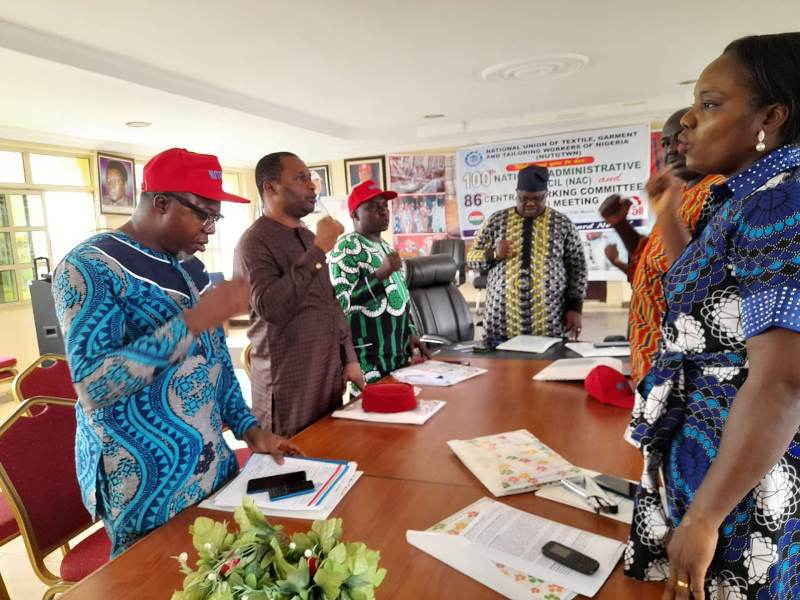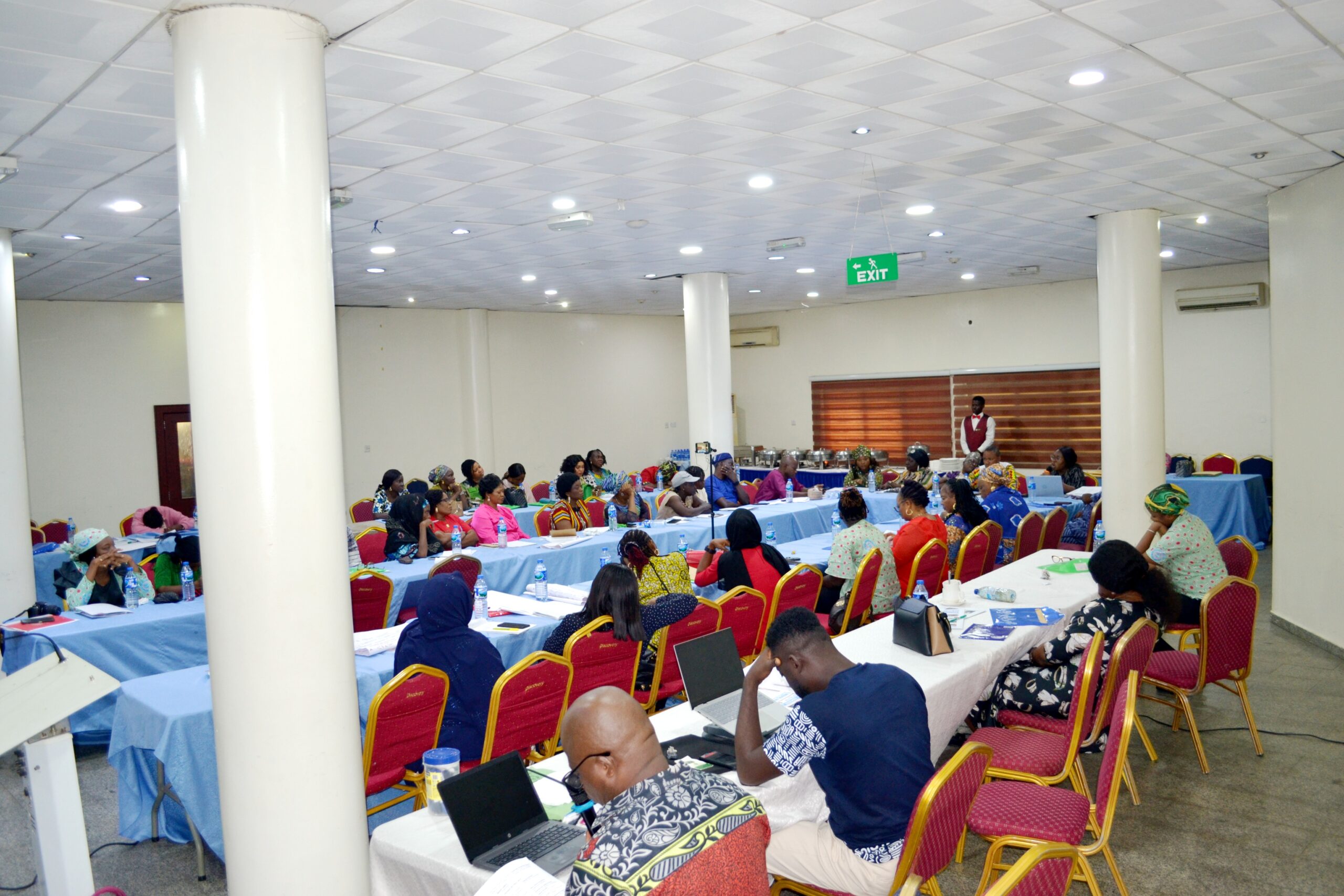The unfortunate controversies trailing the recent controversial elections of the principal officers of the Senate and House of Representatives of the 8th National Assembly call for an immediate implementation of some of the recommendations of the 2014 National Conference report with respect to the naughty twin-issues of management of POLITICAL PARTIES AND ELECTORAL MATTERS and POLITICS AND GOVERNANCE in Nigeria.
At stake in this unhealthy development are the critical success factors of consensus building, independence of the National Assembly, party ideologies, inclusiveness and vote-counting, shared values, party supremacy and carpet-crossing among others. These issues are recurring specters hunting Nigeria’s democracy since 1999. Happily these issues have been addressed in 2014 National Conference with robust recommendations begging for implementations. It’s time we worked the national talk which lasted almost a year with enormous human and financial national resources.
RECONCILIATION
Labour therefore calls on the legislators that it is neither triumphalism nor despair but genuine reconciliation and sobre reflections. Simple electoral process involving 109 senators and 360-member House of Representatives should not be characterized by so much tension, doubt and acrimonies.
Labour demands that the resolution of the current crisis of leadership of the National Assembly must be in favour of Nigeria and strengthening of Nigeria’s democracy and nothing less. The current crisis of election of leadership in the Assembly comes too soon after the nation has gained considerable political mileage in consensus building following the March 28 2015 presidential elections. This negative development raises the dangerous reminder of the past political wars of attrition.
CHALLENGE
Certainly Nigeria has never been short of elected principal officers of the Senate and House of Representatives, since 1999. With 7 Senate Presidents (5 of them on the average spent only 2 years in office!) and 7 Speakers (with the only female speaker Patricia Etteh 2007 that lasted few months!) Nigeria has the highest turnover of principal officers of National Assembly in Africa. South Africa, for instance, has more stable parliamentary leaderships (5 speakers in 20 years of democracy!) who are themselves products of robust party organizations and programmes not acrimonious “elections”.
Also the costs of running our National Assembly are unacceptably above the global average of running costs of parliaments. Worse too, there is a disconnect between the money spent and the benefits of legislative process to the nation with the growing gap between the increasingly accumulative owning political class on one hand and impoverished working men and women in formal and informal sectors as well the millions of unemployed without social security on the other hand.
It is a legislative scandal of the 21st century that the law regulating the petroleum sector in Nigeria is the same obsolete – 1969 Petroleum Act. Despite the crisis of criminal importation in place of domestic beneficiation through domestic refining crude, crude oil theft, products’ hoarding and petroleum products’ price robbery, 7 assemblies in quick successions in Nigeria could not pass the Petroleum industry bill (PIB) making it to gather dust since 2000.
Labour looks forward to progressive legislative legislations for development, productivity and protection of domestic industry, ensuring dignity of labour, improved new minimum wage, occupational health and safety, wealth generation, employment and freedom of association in the new National Assembly. Lastly labour looks forward to a sensitive National Assembly whose members would reduce their existing prohibitive pay largely informed by greed not their need. They should emulate President Muhammed Buhari and few governors who had demonstrated national sensitivity in recent time, promised to free resources for development and not their self-helps.
Signed
Issa Aremu, mni
Deputy President, NLC
General Secretary, Textile Workers’ Union.









